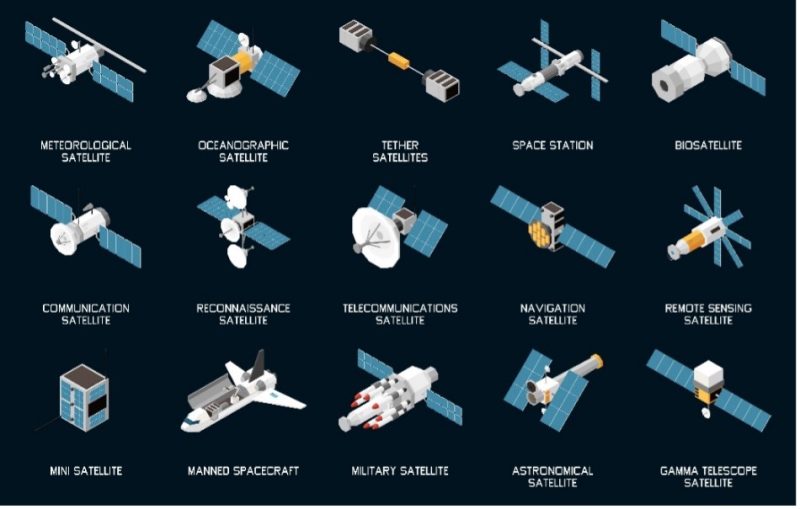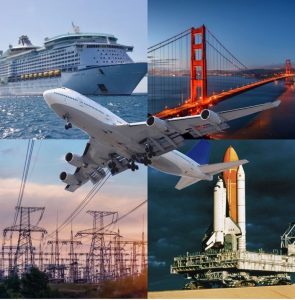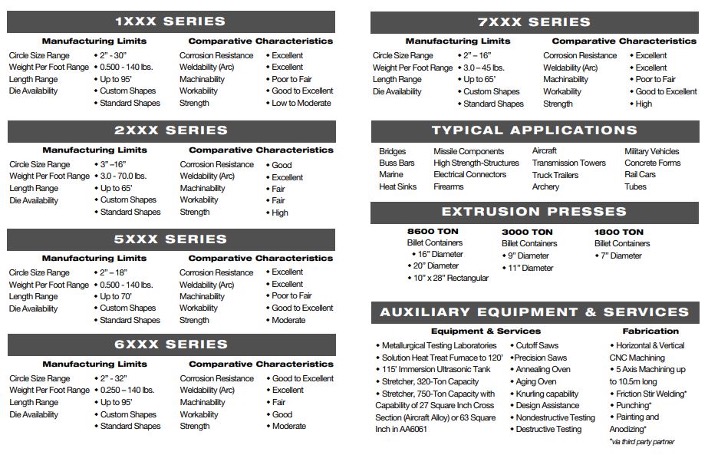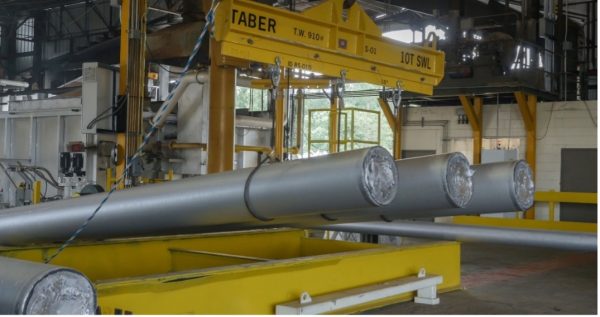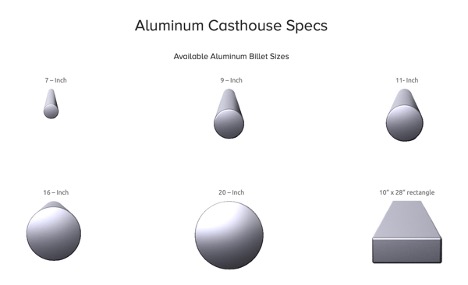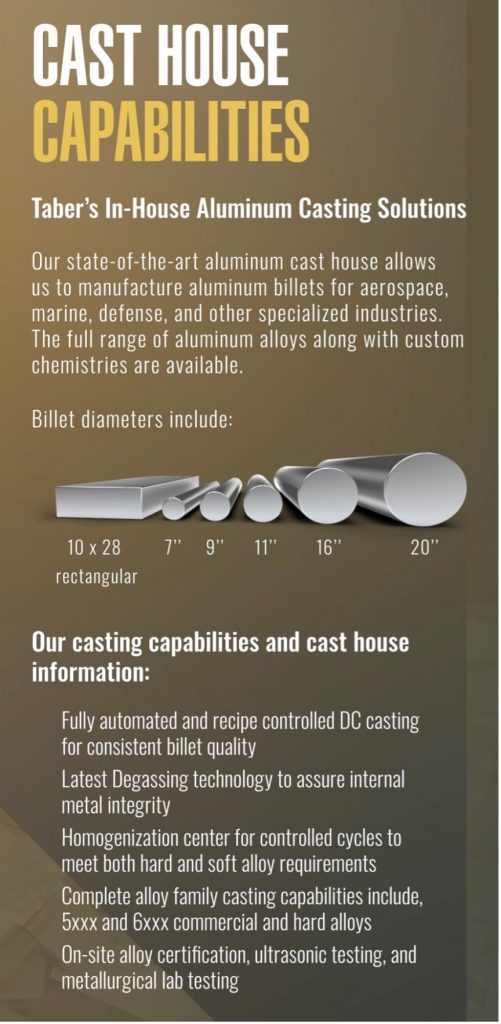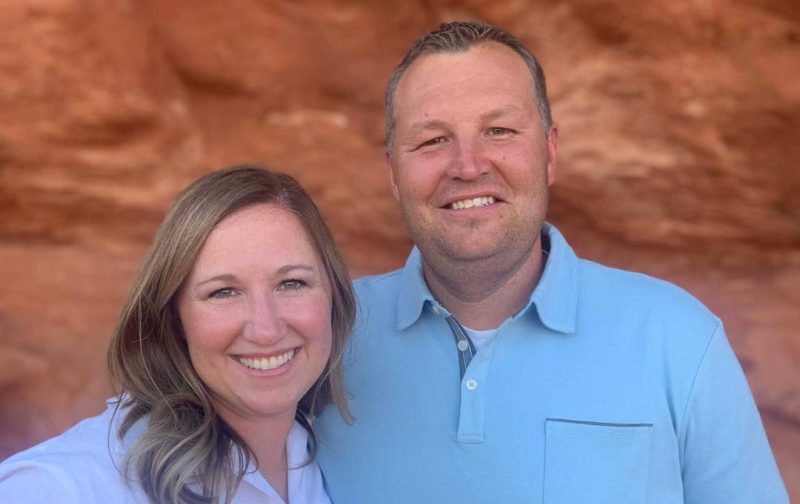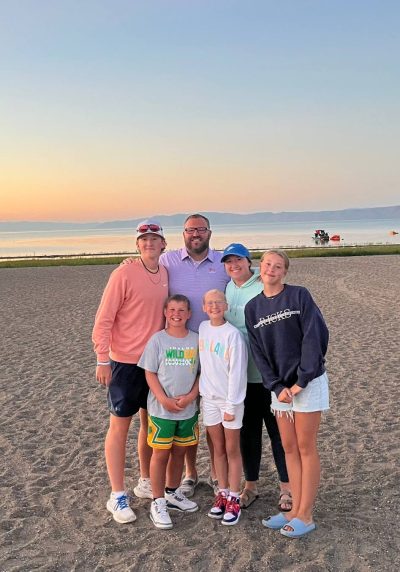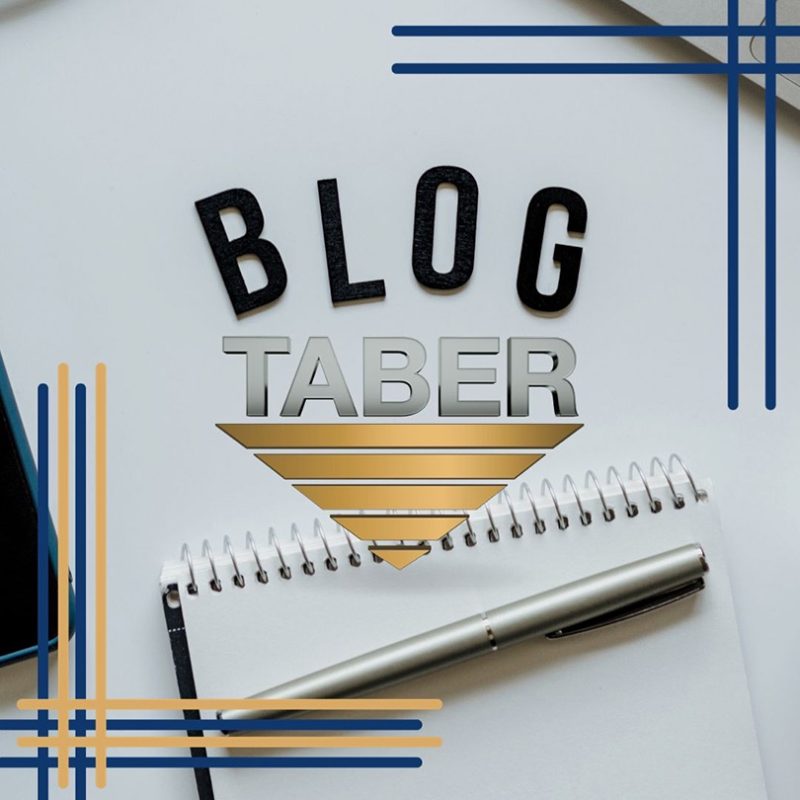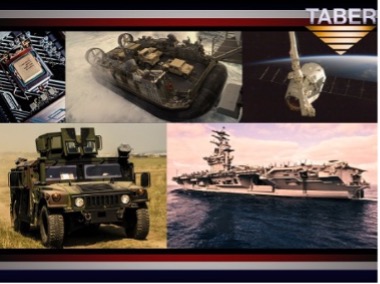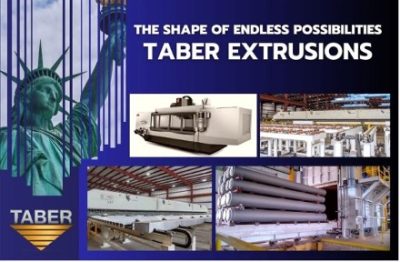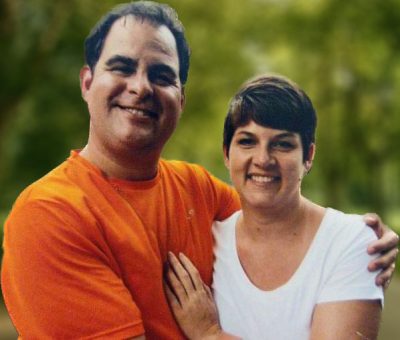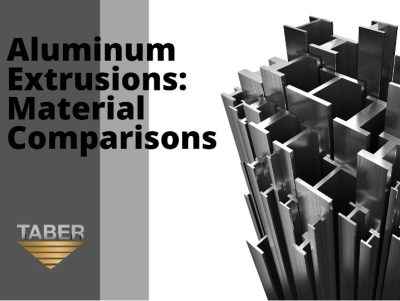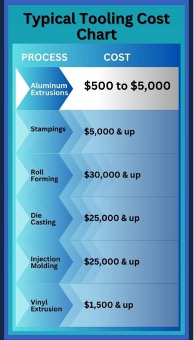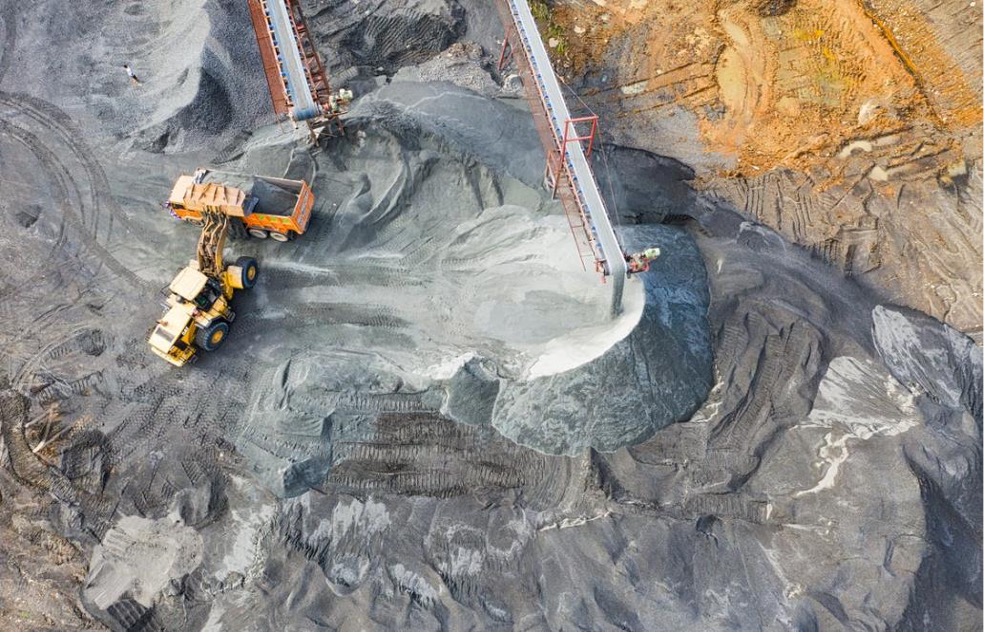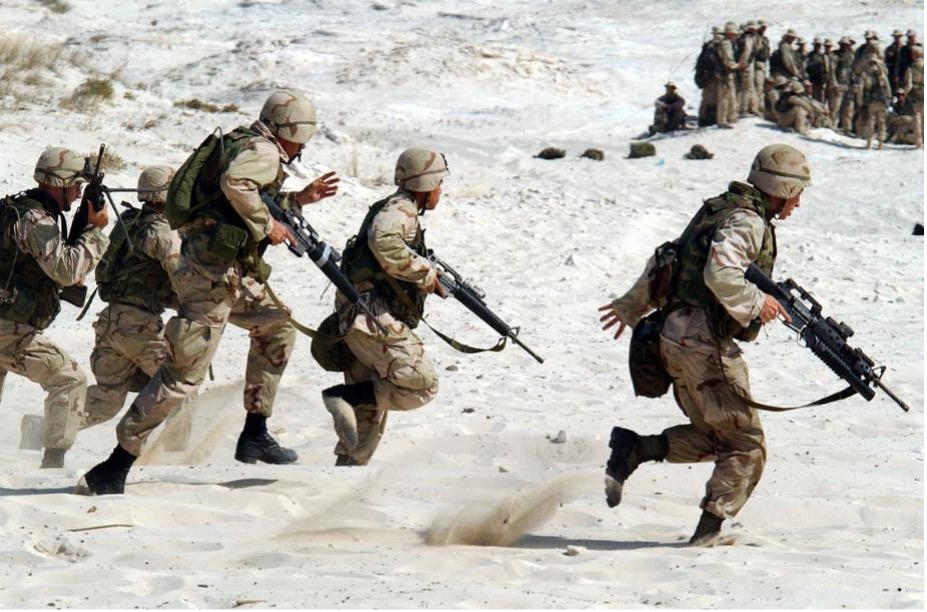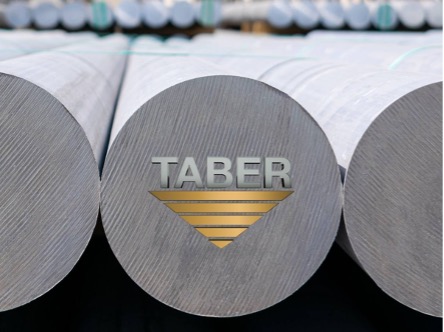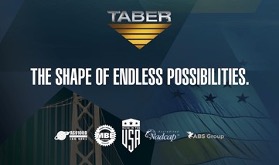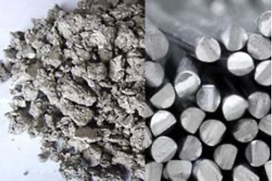Aluminum Extrusions for Satellites: A Look into Taber’s Satellite Component Capabilities
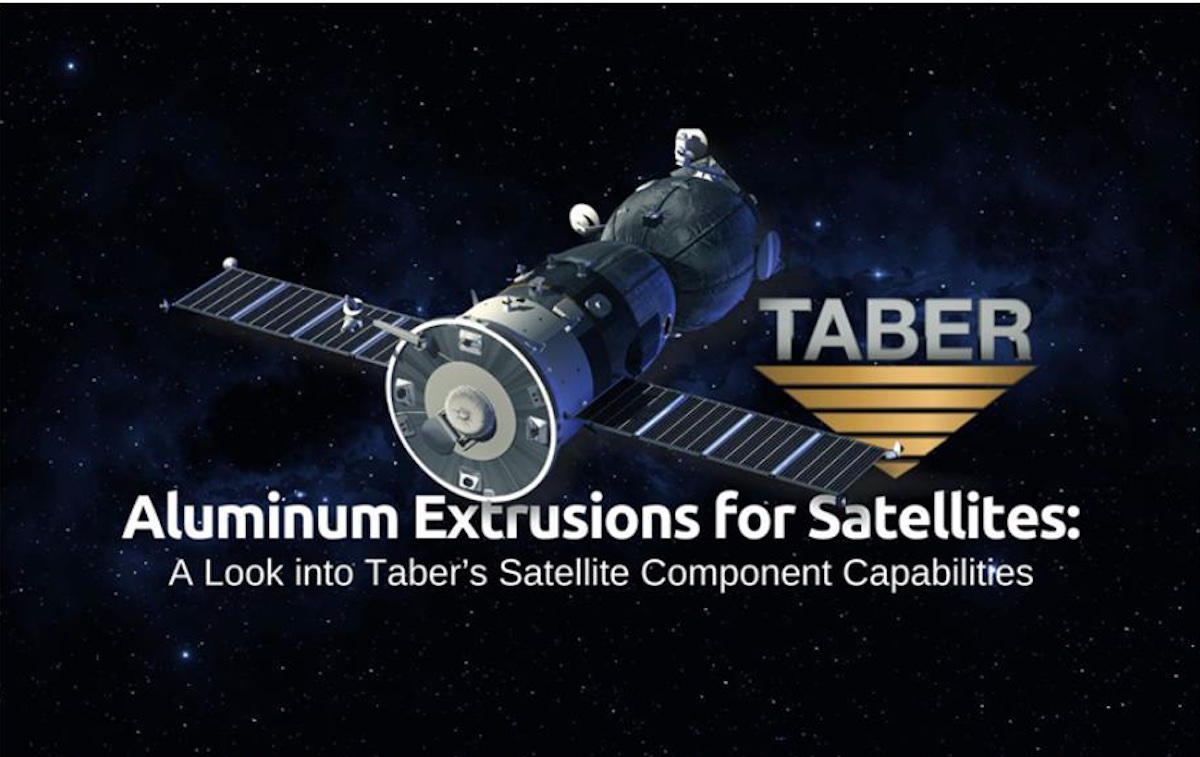
The vast expanse of space is a remarkable place where cutting-edge technology and innovation work hand-in-hand to achieve incredible feats. Satellites, for instance, play a crucial role in various applications, from communication and navigation to Earth observation and scientific research. However, these marvels of technology require satellite components that are not only functional but also lightweight, durable, and resistant to the harsh environment of space. In the aerospace industry, aluminum extrusions play a versatile role as they can act as structural components in spacecraft or integrate into complex mechanisms within the cockpit.
If you’re curious about how aluminum extrusions for satellites are shaping the future of space technology, read on as we explore the various applications of this material and how Taber Extrusions, a leading aluminum extrusion company, provides innovative solutions for the defense and aerospace markets.
The Surging Demand for Aluminum in Space
According to various reports, the global aluminum market is projected to grow steadily in the next few years, reaching an estimated 74 million metric tons by 2025.
The exciting news is that the aerospace industry is already looking at innovative ways to ensure the future aluminum supply can meet this demand. One such way is recycling and repurposing aluminum and its alloys, leading to further advancements in space, aircraft, and satellite component manufacturing. This means we can see more efficient ways of using the material soon.
Why Aluminum Extrusions Excel in Space Exploration
Did you know that aluminum extrusions play a crucial role in the success of satellites? There are several reasons why aluminum is the perfect material for these fantastic machines.
First off, aluminum is incredibly lightweight, which is essential for satellites. By shedding even a single pound, we can save significant fuel during launch and maneuvering. This means that the right aluminum alloy can grant a satellite the ability to carry more equipment or travel even farther distances.
But don’t let its lightness fool you — aluminum extrusions are also powerfully durable. Satellite construction often requires materials capable of withstanding immense pressure and stress during launch and space travel. As a result, certain materials have become a top choice for this purpose.
Finally, another critical feature of aluminum is its natural resistance to radiation. Harmful radiation in space can expose satellites to severe damage, causing havoc on their sensitive components and interior. But with aluminum, we can help protect these delicate machines and ensure they continue to function flawlessly.
So next time you look up at the stars, remember the vital role that aluminum extrusions for satellites play in helping us explore the universe!
Beyond Satellites: A Universe of Applications
Aluminum extrusions are shaped lengths of aluminum formed by forcing molten metal through a die that have become vital in various space and aerospace applications. Their unique combination of lightweight, high strength, corrosion resistance, and malleability makes them ideal for multiple functions beyond satellite components.
Here’s a broader perspective on the diverse uses of aluminum extrusions in space and aerospace:
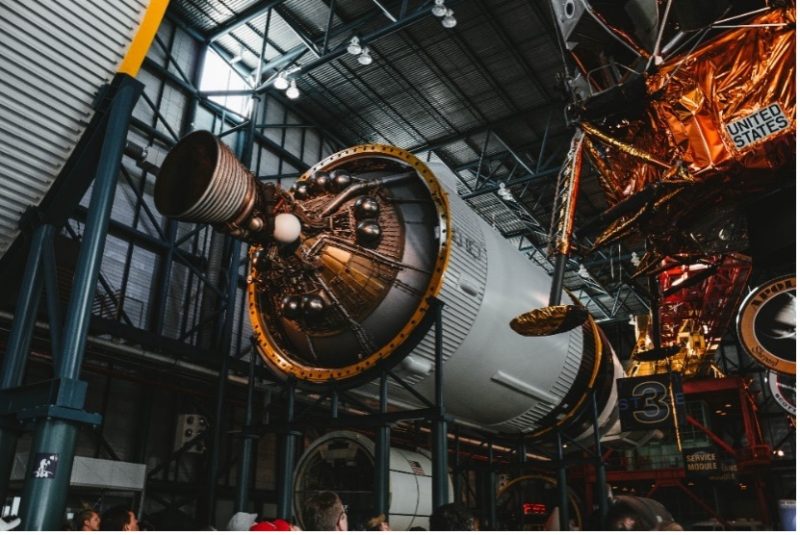
Image Attribution: https://www.freepik.com/free-photo/process-building-space-rocket-engine_7553665.htm#fromView=search&page=1&position=48&uuid=16f26dd9-2914-4366-839e-38719c5e3ab3
- Structural Components — Wings and Fuselages: Large, high-strength extrusions form the backbone of aircraft wings and fuselages, providing the strength and rigidity to withstand immense forces during flight.
- Communication and Thermal Management — Radiators and Coolers: Extrusions can be shaped into fins and channels for radiators and coolers, facilitating efficient heat exchange and temperature control.
- Supplemental Oxygen and Fluid Systems — Valves and Pumps: Specific critical components within fluid and gas systems, like valves and pumps, can be crafted from aluminum due to their strength and machinability
What are some examples of spacecraft that utilize aluminum?
Spacecraft engineering has been at the forefront of technological advancements for decades. These technological marvels have pushed the boundaries of human exploration and discovery, from the International Space Station to the Mars Curiosity Rover. Here, we explore the importance of aluminum extrusions in spacecraft construction and examine spacecraft that rely heavily on this material.
- International Space Station (ISS) — This iconic structure relies on aluminum extrusions for its modules, trusses, and other components.
- Mars Curiosity Rover — The engineers constructed this rover‘s frame and many components, exploring the Martian surface, from aluminum.
- Orion Project — NASA’s Orion spacecraft, designed for deep space exploration, utilizes aluminum extensively in its structure and various systems.
- MBZ-SAT — The first satellite built entirely in the United Arab Emirates, MBZ-SAT also employs aluminum extrusions in its construction.
“Taber was originally recognized for our large shapes, and now we are establishing ourselves as micro extruders. Since we’ve added micro extrusions, friction stir welding, and billet casting, we’re pretty much spanning the gamut of aluminum extrusion competence. We were already well-versed within the defense and aerospace markets, but adding miniature aluminum extrusions to our capabilities has allowed us to become a one-stop shop for our customers in those industries. Our diversification has opened the door wide for our customers.”
– Taber Extrusions
How Taber Extrusions Is Providing Innovative Solutions not only for Satellite Components but also for Aerospace Markets
Taber, with its 50-year legacy, stands at the forefront of the aluminum extrusion industry, delivering a comprehensive array of products and services. Their offerings are designed to meet diverse needs, including those of the aerospace sector, for which they provide specialized aluminum extrusions for satellite components and other applications.
Taber’s commitment to quality and tailored solutions is evident in their adherence to the rigorous specifications of the aerospace industry. They continuously innovate, developing new aluminum technologies to elevate the performance of their extrusions. The sophisticated casthouse at Taber underscores their quest for excellence, crafting superior aluminum alloys for complex aerospace applications.
Some of the examples of Taber Extrusions’ products and services include:
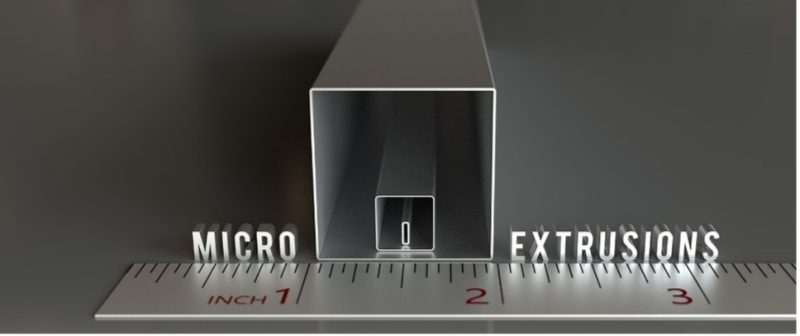
Microextrusions
In the defense and aerospace industries, where precision, complexity, and strict tolerances are non-negotiable, microextrusions play a critical role. These are offered by Taber and feature cross-sections small enough to pass through a 1-millimeter square. The utility of microextrusions extends across a wide range of applications, including communication systems, electronics thermal management, guidance and radar systems, weapons systems, and firearms components, highlighting their versatility and importance in advanced technological environments.
Friction Stir-Welding
Friction stir-welding, a solid-state process known for producing high-strength, defect-free joins, enables the welding of aluminum extrusions in various shapes, sizes, and alloys into complex, seamless assemblies. This technique is particularly beneficial for constructing aircraft and spacecraft components, including wings, fuselages, and panels. Beyond aerospace applications, friction stir-welding is also utilized in creating fuel tanks, heat exchangers, and battery trays, showcasing its versatility across different manufacturing needs.

Billet Casting
Taber specializes in manufacturing aluminum billets for aerospace, marine, and other specialized sectors, leveraging state-of-the-art systems and the expertise of seasoned metallurgists and research engineers. The casting operations at Taber are not only ISO 9001:2008 certified but also equipped to handle a variety of billet sizes, including diameters of 7”, 8”, 9”, 11″, 16″, 20”, and 10 x 28, predominantly in the 6xxx series aluminum alloys.
If high-quality aluminum extrusions for satellite and aerospace components are what you need, look no further than Taber. As a premiere aluminum extrusions company in the U.S., Taber is well-equipped to meet the exacting standards your project demands.
About Taber Extrusions
Taber Extrusions is an American aluminum extrusion company and your ideal partner for full-service aluminum extrusions. Their top priority is to deliver nothing short of the best products and services to their esteemed customers. Providing quality products and services is essential to their philosophy of adding value. Their dedication to this principle is the foundation of their business.
Taber takes pride in its certifications, which include ISO 9001:2008, AS 9100C, and ABS Quality Assurance Program certificate no. 11-MMPQA-652. ABS Mill approves them to produce extruded aluminum alloy products for marine applications such as 5083H111, 5086H111, 5454H111, 5456H111, 6061T6, and 6082T6, with a maximum diameter of 1.0 inch, including the casting process. Choose Taber Extrusions for quality products and services that exceed your expectations… the sky’s the limit.
If you have any queries, please visit https://www.taberextrusions.com or call Taber at 1-888-984-3795.

